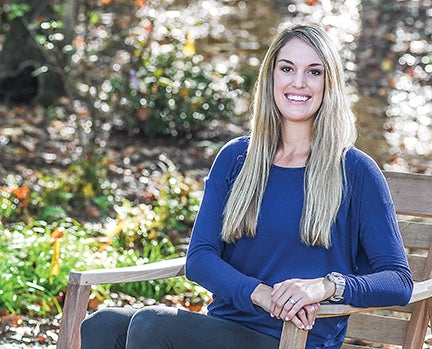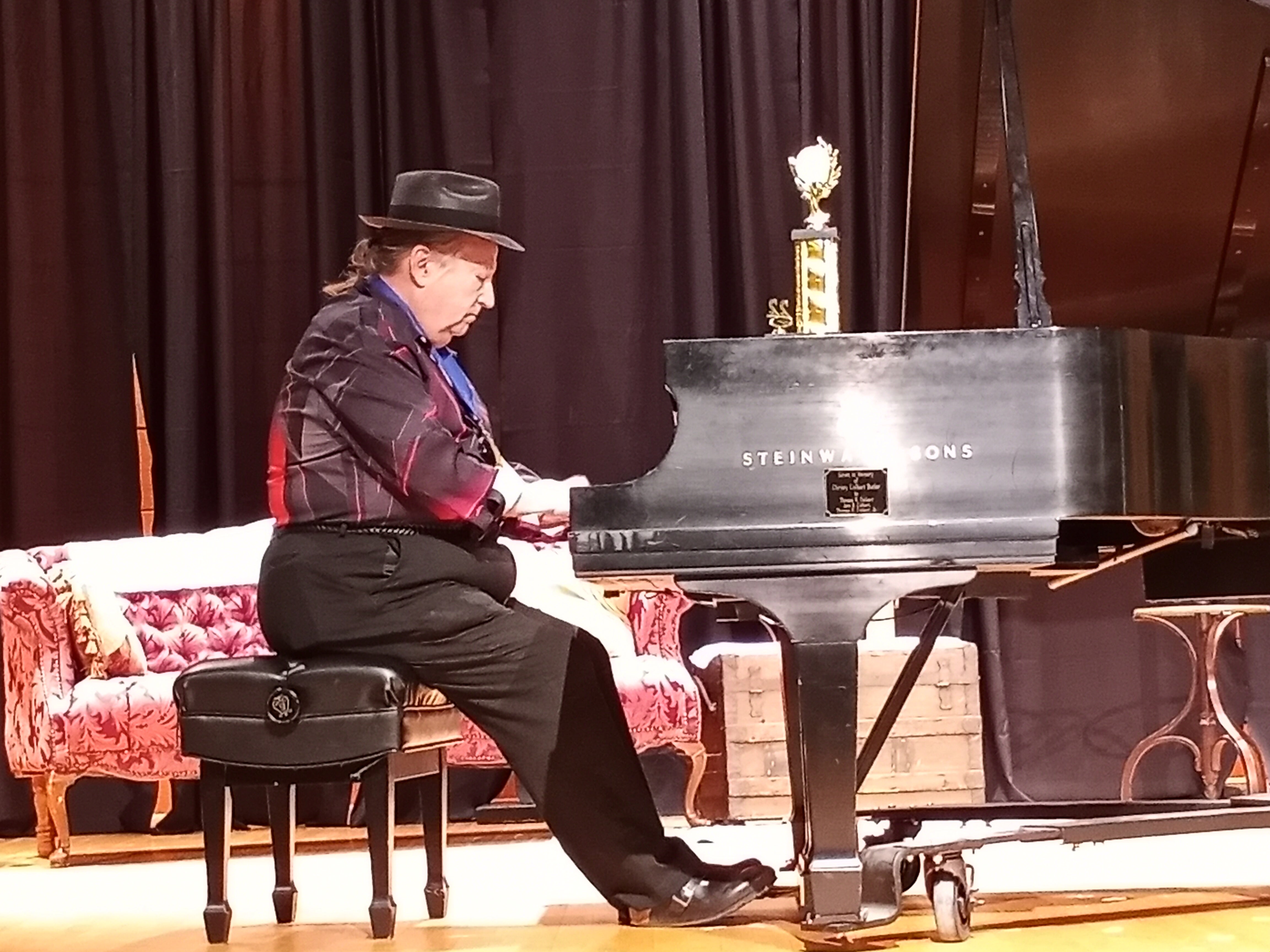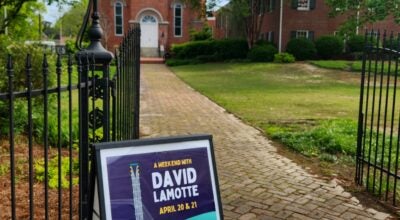Wellness in addiction treatment
Published 11:08 am Thursday, October 27, 2016

- (Bruce Newman) Tori Ossenheimer is a certified therapeutic recreation specialist and certified yoga instructor with Oxford Treatment Center.
By Lucy Schultze
For the Oxford Eagle
EDITOR’S NOTE: Tori Ossenheimer is on the cover of the “Good Health” edition that is in today’s edition of The EAGLE
Tori Ossenheimer, a certified therapeutic recreation specialist and certified yoga instructor, is now the coordinator of experiential services at Oxford Treatment Center.
The center is based on 110 acres in northeastern Lafayette County. Its approach to treating drug and alcohol addiction ranges from medical detox and traditional counseling sessions to art and equine therapy.
“Mind, body, spirit — each of them needs healing as part of recovery from addiction,” Ossenheimer said. “Part of the work we do with patients is about helping them engage again with their own emotions. In active addiction, drugs and alcohol are a way to shut off your feelings. In recovery, we’re learning new healthy coping skills and learning to feel again.”
Ossenheimer joined the staff of Oxford Treatment Center two years ago. Her role today includes oversight and scheduling for experiential therapies — those in which patients engage with therapists through activities rather than in a traditional classroom or office setting.
Facilities for wellness and experiential therapy on the main campus include an equestrian center, fitness center, ropes course, labyrinth, private lake and vegetable garden. A new covered riding arena is currently under construction.
Wilderness therapists also take groups from the center’s Young Adult Program (ages 18-25) off-campus for hiking, canoeing, camping and rock climbing.
Therapists at Oxford Treatment Center say using such methods helps them reach an honest dialogue with patients far more quickly than they would through office-based therapy sessions.
“One of the challenges in working with young adults is resistance to treatment,” said Medical Director Stephen Pannel, DO. “When you’re sitting across a desk from them, they’re resistant to the whole process. But when you’re working with them through activities they’re able to engage in genuinely, it doesn’t feel like treatment for them.”





